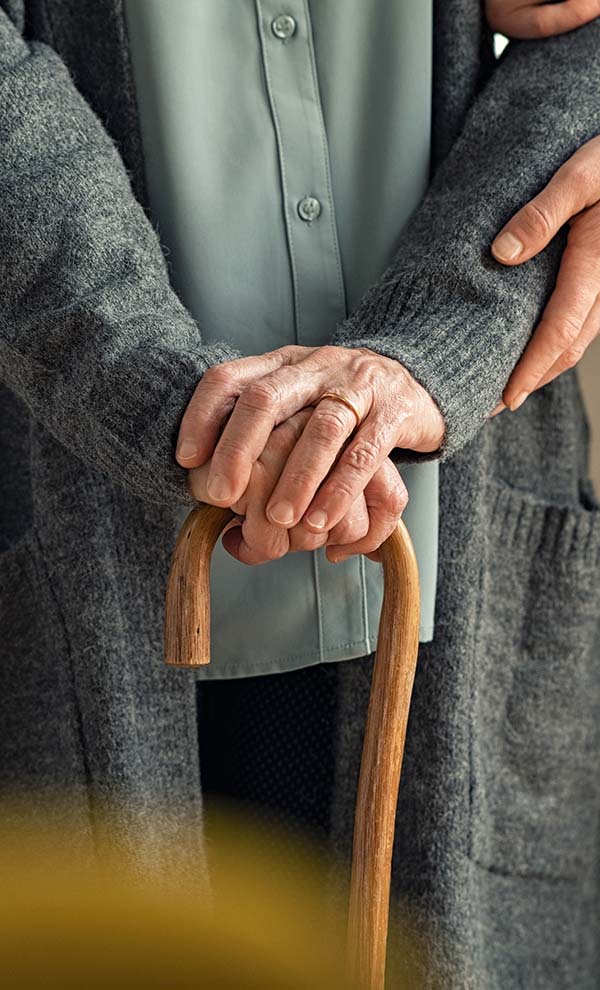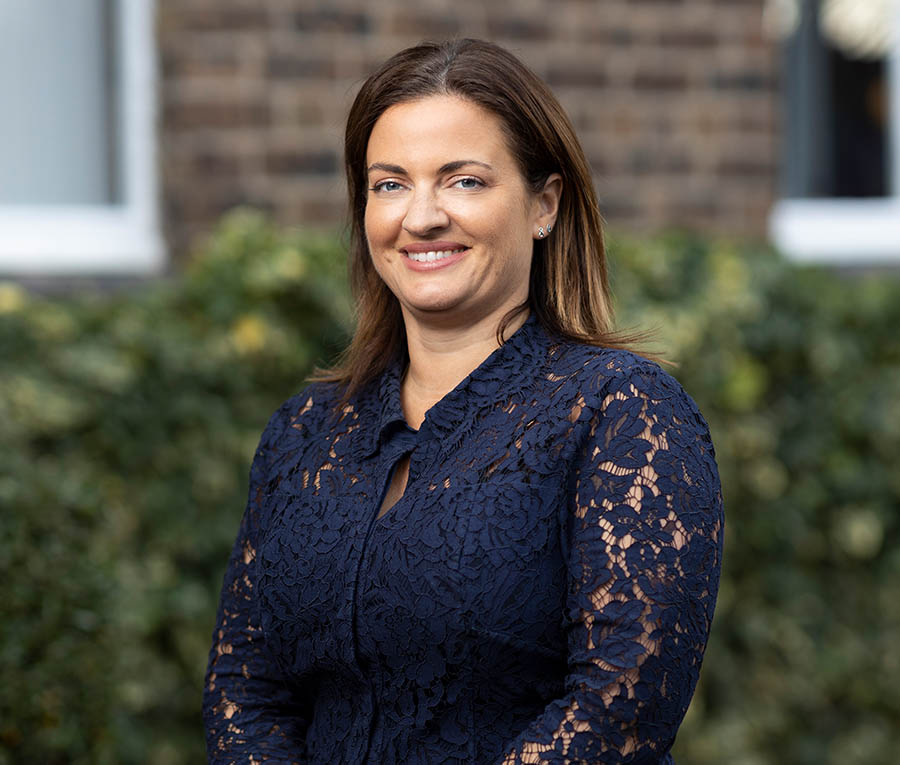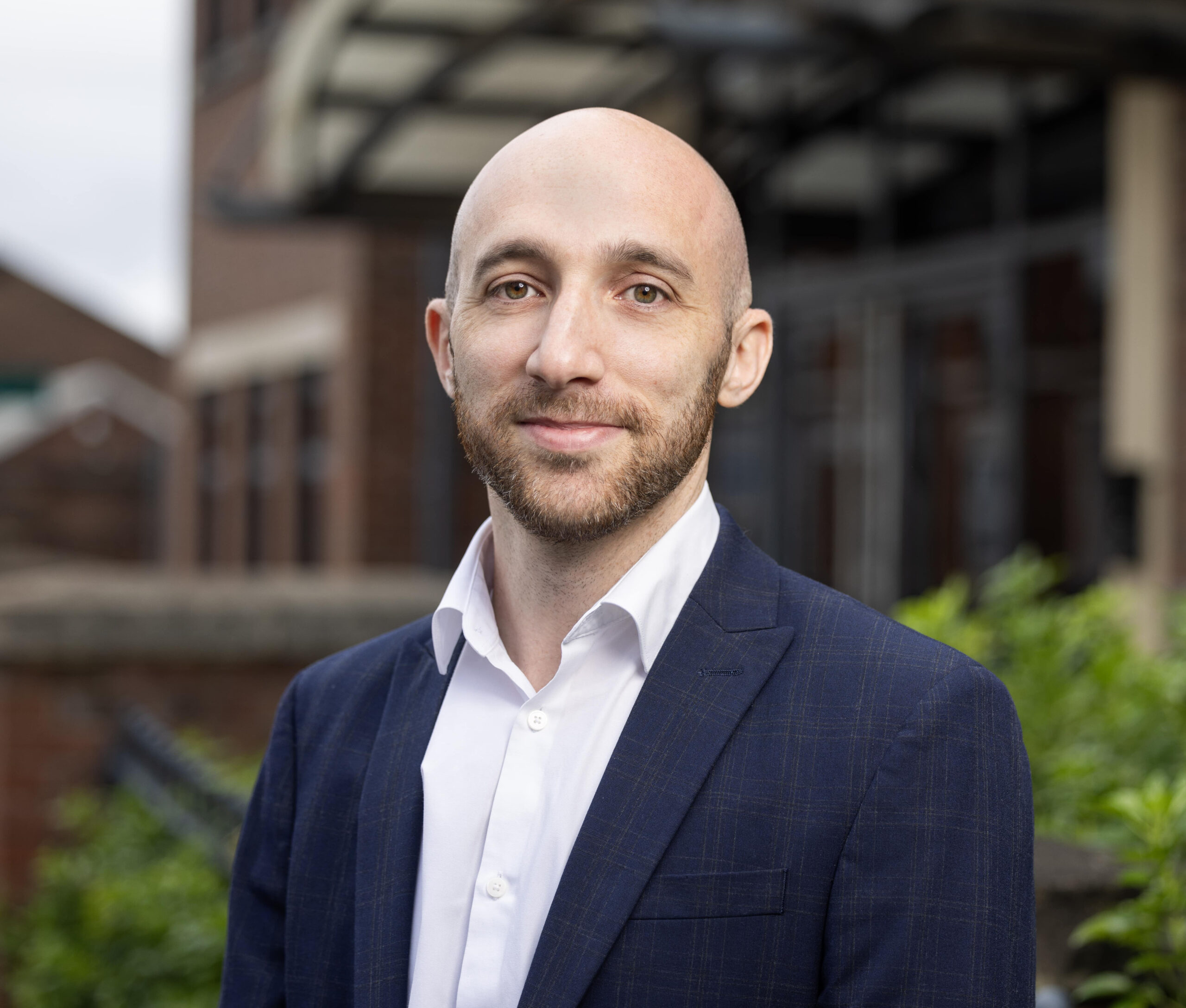An Advance Decision (also known as a Living Will) is a legally binding expression of wishes around the medical treatment you may wish to refuse if you lose the mental capacity to make your own medical decisions.
Advance decisions will only be legally binding if certain conditions are met:
- The person making the decision has the mental capacity to do so
- The person making the decision is over the age of 18
- The person clearly specifies the treatment which they would wish to refuse
- The circumstances when this treatment should be refused are clearly specified
- If the Advance Decision is to refuse lifesaving treatment, then it must be made in writing, signed and witnessed.
Advance Decisions only take effect once the person has lost capacity, and only if they comply with the above. If the Advance Decision is not compliant then it could be disregarded by the treating clinicians.
Advance Decisions can be withdrawn or altered at any point before capacity is lost, as long as any new Advance Decision also complies with the above requirements.
Advance Decisions cannot be used for any of the following:
- To ask for anything that is illegal for example, euthanasia
- To demand care that your doctor considers inappropriate for your circumstance
- To refuse the offer of food and drink by mouth
- To refuse palliative and basic nursing care such as providing pain relief and bathing
Lasting Powers of Attorney for health and welfare can also be utilised to give your attorney the ability to accept or refuse life-sustaining treatment on your behalf. If there is any conflict between a Lasting Power of Attorney and Advance Decision, the most recent document will be the one which takes precedence.
Both Advance Decisions and Lasting Powers of Attorney are methods of expressing how you wish to be medically treated in the event that you lose mental capacity to make these important decisions in the future. Ensure that you obtain professional advice if you are uncertain of your position.
How can we help with Advance Decisions?
Our specialist team takes the time to understand what you wish to achieve and provide bespoke advice to help you see the best way forward. We will take into consideration any existing Lasting Powers of Attorney to make sure there is no potential conflict and to ensure that your Advance Decision is legally binding.
Unfortunately, disputes sometimes arise around the health and welfare of a person who has lost capacity, such as where they might live or around medical treatment. This type of dispute usually has to be resolved by the Court of Protection and this is something that our specialist elderly, care and mental capacity solicitors can help you with.
Statutory wills
Sometimes when a person who lacks capacity either hasn’t made a will, or needs to make changes to a will, it is possible to apply to the Court of Protection to ask the court to authorise a will being made or changes to an existing will.
When a person does not have capacity to make a will (because they do not understand what a will is, what the effects of making it would be and cannot appreciate the assets that they have which make up their estate) then they cannot make a valid will.
The court can however direct that a will is made on their behalf, or that changes to an existing will are made.
This can be helpful if a person has not taken the opportunity of making a will themselves and where the intestacy provisions might cause an issue.
There are many situations where a statutory will might be the solution to a problem and we can identify when that might be the case and when it might be worth making an application.
Court of Protection deputies
Often, our clients’ families are faced with a situation where an older relative has lost capacity, usually due to a diagnosis of dementia, but they have not made a Lasting Power of Attorney (LPA) or Enduring Power of Attorney (EPA). This may be brought to the fore because the person is needing care in a care home setting and their money needs to be accessed so that the family can pay the bills.
In this situation, the only way in which the family can access the finances of their family member is to make an application to the court for a deputy to be appointed, who can then deal with property and financial affairs.
This can be quite a drawn-out process and a medical practitioner or social worker has to complete a capacity assessment form to confirm that the application is needed. We can help you to make the application to ensure the process is as straightforward as possible.
















